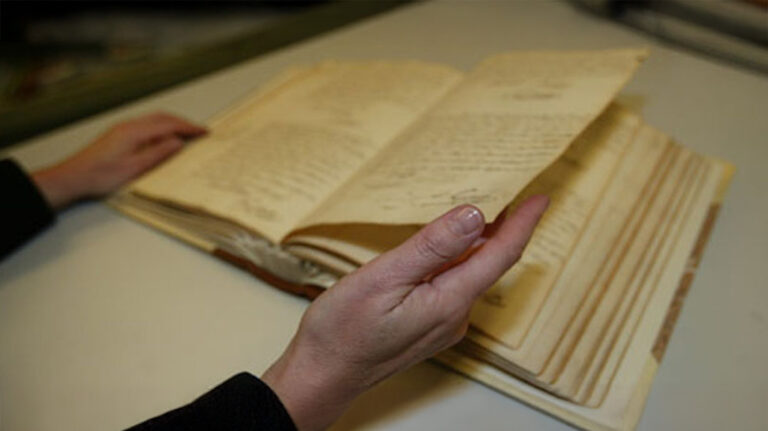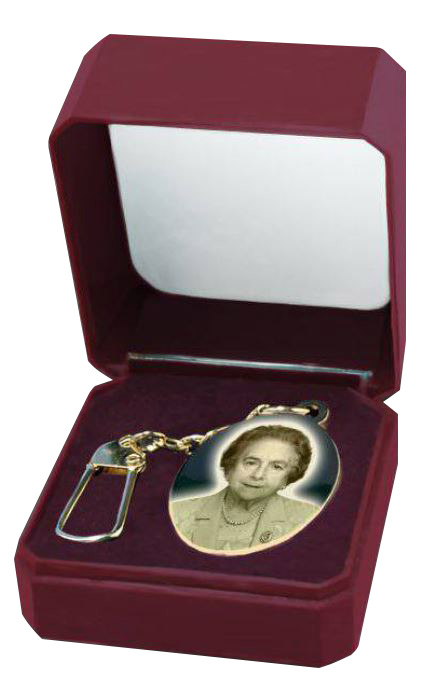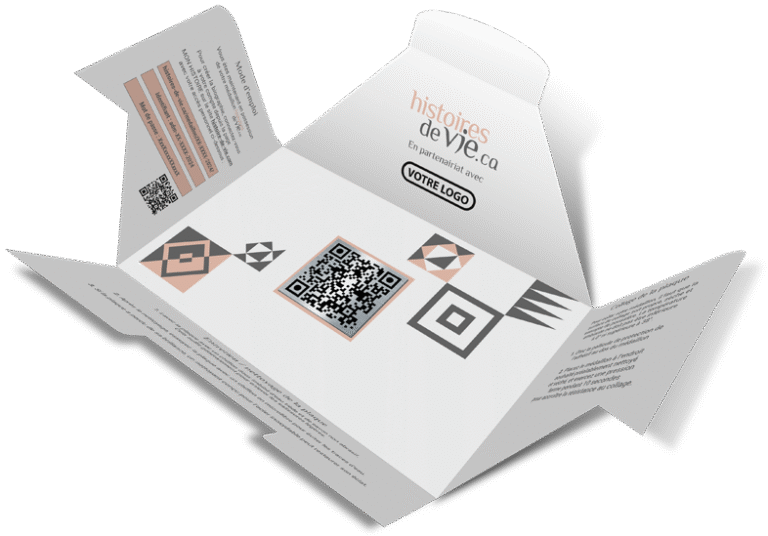Funeral Records, a Time-Honoured Tradition

Funeral records are more than historical documents; they are a profound connection between generations, reflecting the cultural, emotional, and historical legacy of humanity. These records have evolved across millennia, adapting to societal changes while maintaining their core purpose: preserving memories and honoring the deceased. From stone carvings in ancient tombs to digitized archives accessible globally, funeral records tell a timeless story that transcends eras and borders.
The Historical Roots of Funeral Records
The practice of preserving details about the deceased dates back to some of the world’s earliest civilizations. In Mesopotamia, for example, death was meticulously recorded on clay tablets, which served as both a tribute and a method of administration. Ancient Egyptian tombs went further, transforming burial sites into sacred repositories of memory. Carved hieroglyphs detailed prayers, genealogies, and personal accomplishments, believed to guide the deceased into the afterlife.
Similarly, in ancient Greece, funeral inscriptions and monuments often provided a blend of practical and philosophical reflections on life and death. They emphasized the societal importance of remembering individuals not just as statistics but as contributors to a broader cultural narrative.
Medieval Funeral Records: A Turning Point
The Middle Ages marked a pivotal shift in how funeral records were created and maintained. The Catholic Church, which exerted significant influence over societal structures in Europe, introduced the practice of parish registers. These documents recorded life events such as baptisms, marriages, and funerals, with deaths being a particularly important category.
Parish records served dual purposes: they were tools for spiritual accounting and community management. By the 17th century, this practice had spread to the New World with settlers from Europe. In colonial Quebec, for example, French settlers meticulously maintained funeral records in every village, ensuring that each individual’s life and death were documented. These records provided invaluable insights into demographic trends, social hierarchies, and even health crises.
A Mirror to Society: The Multifaceted Role of Funeral Records
Insights into Epidemics and Mortality Trends
Funeral records are an untapped resource for understanding the health crises that shaped societies. For instance, the cholera outbreaks of the 19th century and the global devastation of the 1918 Spanish flu are well-documented through mortality records. These records reveal not only the scope of these tragedies but also the resilience of the communities that endured them.
The Evolution of Cultural Practices
Beyond health data, funeral records also capture the evolution of cultural practices. In the rigidly religious Middle Ages, funerals adhered to strict dogmatic rituals. Over time, these rituals evolved to reflect broader cultural and societal shifts, embracing individualism and diversity. By examining funeral records, historians and anthropologists can trace the decline of strictly religious ceremonies and the rise of personalized, secular tributes.
Genealogical Significance
For individuals researching their family history, funeral records are indispensable. They provide details that help descendants trace their lineage, reconnect with lost branches of their family tree, and uncover stories that might otherwise have been forgotten. These records foster a sense of identity and belonging, linking past, present, and future generations.
Funeral Records in the Digital Age
In recent years, the transition from traditional paper-based funeral records to digital archives has transformed how these memories are preserved and accessed. Platforms like histoires-de-vie.ca, offered by Collection-Souvenir, represent this digital evolution. By enabling families to create interactive and personalized funeral records, these platforms extend the purpose of traditional documentation.
Enhanced Personalization Through Digital Tools
Digital funeral records allow families to include far more detail than their historical counterparts. Alongside basic information like names and dates, modern records can feature photographs, videos, heartfelt messages, and even multimedia tributes. This level of personalization ensures that each record reflects the uniqueness of the individual being honored.
Global Accessibility and Family Connection
One of the most significant benefits of digital funeral records is their accessibility. Unlike physical archives, which are often confined to local repositories, digital records can be accessed by family members across the globe. This accessibility strengthens family connections, making it easier for relatives to honor their shared heritage.
Ensuring Longevity and Preservation
Physical funeral records are vulnerable to deterioration, accidental damage, and loss over time. Digital platforms, on the other hand, offer secure storage solutions that safeguard these vital documents for future generations. Advanced data encryption and cloud storage technologies ensure the integrity of these records, making them resilient to the ravages of time.
The Environmental Impact of Funeral Records
As societies strive to adopt more sustainable practices, the shift to digital funeral records has notable environmental benefits. Traditional recordkeeping often relies on significant amounts of paper and physical storage, both of which leave a carbon footprint. Digital archives eliminate the need for these materials, promoting a greener, more sustainable approach to memory preservation.
In addition to digital records, contemporary funeral practices are also evolving to include environmentally friendly options, such as biodegradable caskets and natural burials. These shifts reflect a growing awareness of the need to honor the deceased responsibly, without compromising the environment.
The Emotional Importance of Funeral Records
Grief and Healing
For families and communities, funeral records are more than mere documents; they are an integral part of the grieving process. These records provide a tangible way to honor the deceased, offering solace and a sense of continuity in the face of loss.
Maintaining Intergenerational Bonds
Funeral records also play a vital role in maintaining family bonds across generations. They serve as a window into the lives of ancestors, offering insights into shared values, traditions, and experiences. In this way, funeral records are not just tools of remembrance but also instruments of familial unity.
Challenges Facing Funeral Records in the Digital Era
Despite their many advantages, digital funeral records come with unique challenges. Ensuring long-term accessibility requires addressing issues such as data security, platform reliability, and technological obsolescence.
Data Security and Ethical Concerns
As digital records store sensitive personal information, protecting this data from breaches and misuse is paramount. Encryption, secure hosting, and adherence to data privacy laws are essential components of ethical digital recordkeeping.
The Role of Blockchain Technology
Emerging technologies like blockchain offer innovative solutions to these challenges. Blockchain ensures that records are tamper-proof and verifiable, providing an added layer of trust for families who rely on digital platforms to preserve their loved ones’ legacies.
Funeral Records and the Future
As we look to the future, the role of funeral records will continue to expand. Innovations in technology will likely make these records even more dynamic, enabling new ways of commemorating loved ones while preserving the core mission of documenting life and death.
Integrating Artificial Intelligence
Artificial intelligence (AI) may soon play a role in funeral recordkeeping by automating transcription, enhancing searchability, and even creating immersive experiences that allow families to interact with digitally preserved memories.
Strengthening Global Networks
As globalization connects families across continents, funeral records will remain a critical tool for maintaining shared histories. Their continued evolution ensures that they can meet the demands of a rapidly changing world while staying true to their timeless purpose.
Funeral records are silent yet powerful witnesses to human history. They bridge the gap between generations, capturing the essence of individual lives while reflecting the broader cultural and societal context. As these records evolve into the digital era, they remain as vital as ever, preserving memories with precision, dignity, and care.
By embracing sustainable practices and technological innovations, we can ensure that this timeless tradition continues to thrive. Funeral records, in their many forms, will always be a testament to the enduring power of memory and the human spirit.
FAQs
What are funeral records?
Funeral records are official documents that memorialize the deceased, typically including names, dates of death, and other biographical details. Modern funeral records may also include multimedia tributes.
Why are funeral records important?
They preserve cultural traditions, offer insights into societal trends, and help individuals trace their genealogy, fostering a deeper connection to the past.
How have funeral records evolved over time?
From ancient tomb inscriptions to digital archives, funeral records have adapted to societal and technological changes while maintaining their core purpose of honoring the deceased.
Are digital funeral records secure?
Yes, when stored on reliable platforms with encryption and other security measures, digital funeral records can be more secure than physical documents.
What role do funeral records play in genealogy?
Funeral records are essential for genealogical research, providing detailed information that helps descendants trace their family roots and learn about their ancestors.
How do funeral records contribute to the grieving process?
By providing a tangible way to honor and remember loved ones, funeral records offer comfort and foster resilience for grieving families.
For more information, do not hesitate to contact us, and we will be happy to respond as promptly as possible.









